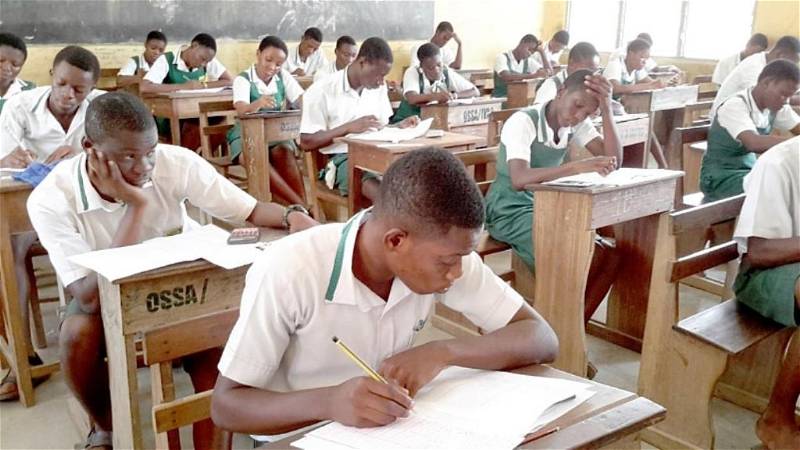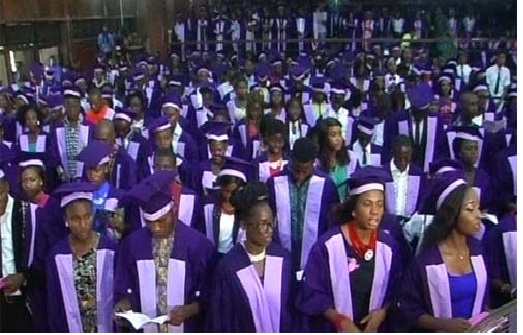Sokoto Spends N4.7 Billion on Students’ WASSCE, NECO, and UTME Registration


The Sokoto State Government has announced that it has spent N4.7 billion over the past two years to cover the registration fees of students from the state for external examinations.
The Commissioner for Basic and Secondary Education, Ahmed Ala, disclosed this in an interview on Thursday in Abuja.
Mr Ala explained that the examinations covered include those organised by the West African Examinations Council, the National Examinations Council, the Joint Admissions and Matriculation Board, and the National Board for Technical Education.
He stated that the initiative is part of the Sokoto Government’s commitment to ensuring that all eligible students in the state can sit the examinations, regardless of the financial status of their parents or guardians.
The commissioner added that the state government also allocates approximately N66 million for the payment of imprests to secondary school principals, enabling them to address their schools’ immediate needs, such as minor maintenance work.
According to him, under this arrangement, each principal receives N200,000 monthly from the state government as an imprest. He further noted that, to encourage teachers in Sokoto, the government had increased their salaries from the previous threshold of N20,000 to at least N70,000, which is the national minimum wage.
“Before the coming of the present administration, before a teacher got his salary, it would be almost the end of the next month; the government was always indebted as far as salary was concerned.
“But today, by the 19th, 20th, every teacher would have got his salary, except maybe a delay is coming from his bank,’’ the commissioner stated.
He emphasised that the Sokoto Government is committed to improving enrolment and retention in basic education.
To achieve this, he explained that the ministry is raising awareness among parents and guardians about the importance of not only enrolling their children in school but also ensuring they remain there until they complete their education.









